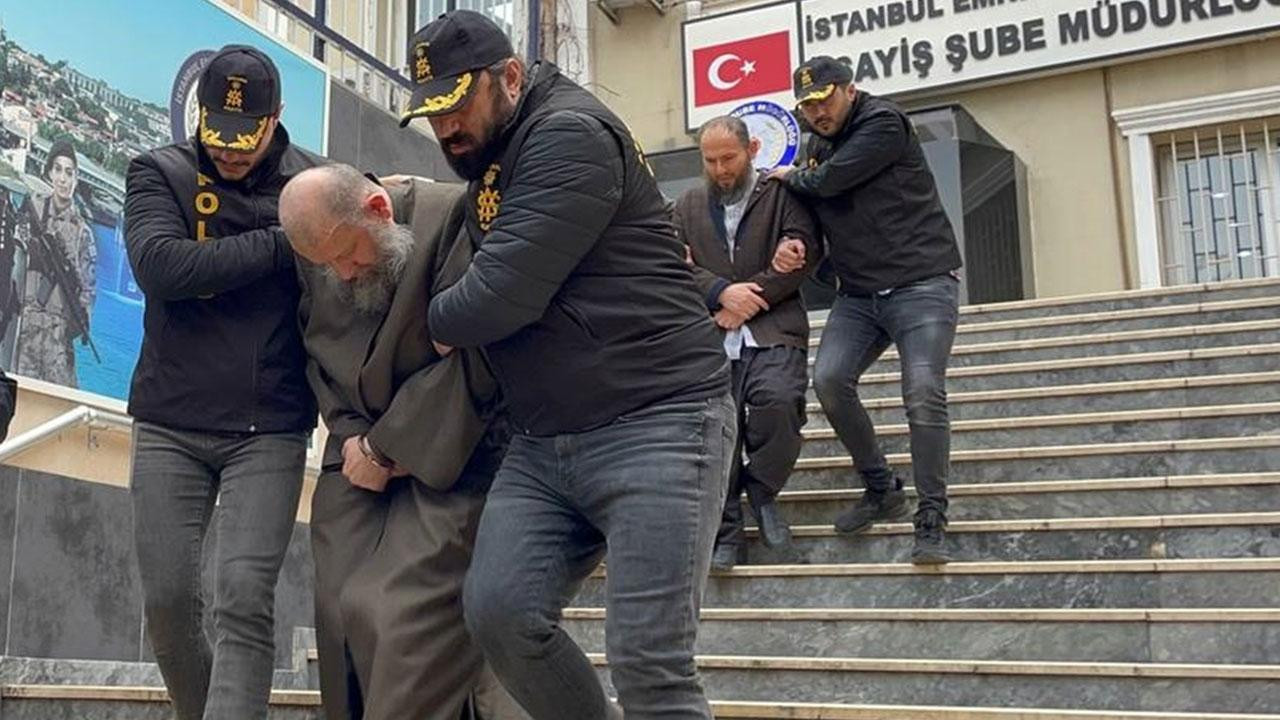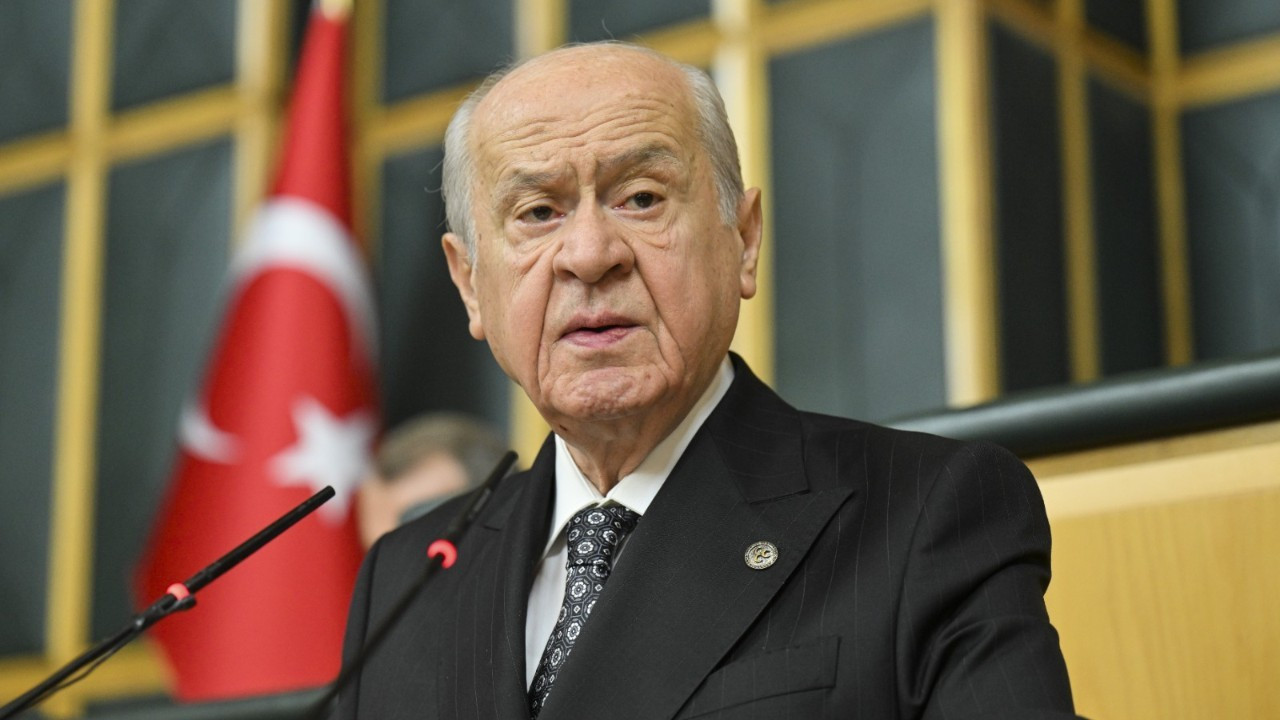Religious figure critic of Islamic cults in Turkey stabbed to death
Ramazan Pişkin, a Turkish religious figure popular on social media, was stabbed to death while praying in his teahouse. Pişkin recently said he was being threatened for his criticisms against religious cults in Turkey.
Duvar English
Ramazan Pişkin, a Turkish religious figure popular on social media and known with his nickname “Diyarbakırlı Ramazan Hoca” (Ramazan Hodja from Diyarbakır), on Jan. 31 was stabbed to death in Istanbul’s Fatih district, Demirören News Agency reported.
Accordingly, Pişkin was praying in his teahouse during the attack, one of his customers Halil İbrahim Galyan said.
The Istanbul Governor’s Office said Pişkin suffered three stab wounds in his chest.
Interior Minister Ali Yerlikaya on Feb. 1 announced that Pişkin’s murder suspect with the initials E.B. was caught in Istanbul.
Diyarbakırlı Ramazan Hoca olarak bilinen Ramazan Pişkin İstanbul Fatih’te dün uğradığı bıçaklı saldırıda maalesef hayatını kaybetmişti.
— Ali Yerlikaya (@AliYerlikaya) February 1, 2024
İstanbul Emniyet Müdürlüğümüzün yaptığı çalışmalar sonucu Ramazan Hoca’nın katil zanlısı E.B. yakalanmıştır.
Kahraman polislerimizi tebrik… pic.twitter.com/LF00wgjb1a
On Feb. 1, Pişkin was buried in a cemetery in the southeastern province of Diyarbakır.
Ramazan Pişkin first became known with his speeches given in the courtyard of Diyarbakır Ulu Mosque in 2015. Later, he became famous on social media with his videos on religion.
On Jan. 15, Pişkin said in a video that he was being threatened for his criticisms against religious cults in Turkey.
In the video, Pişkin says “I did not say 'All cults are perverted'. There are superstitions, unfortunately, they have turned into profit. Not absolutely all of them. I am not saying that they are all perverts. We have some good sheikhs. But in general, the cults are currently full of heresy and superstitions.”
Furthermore, Pişkin said cults and sects “are not part of Islam or the Quran,” but they “are interpretations.”
“It's an interpretation like the school of thoughts. I did not swear or insult anyone. I have no fear of anyone. I came to this path with Allah Almighty. I end with Allah Almighty. I have no fear of anyone,” he said.
Moreover, he said some “ignorant” people dropped by his store, “coming here and making a mess. They are ignorant, may Allah guide them. They are disturbing us here. They are acting as provocateurs. How will they account for these on the day of judgment?”

 Turkish Education Ministry to uphold protocols with religious cults and communities in 2024Education
Turkish Education Ministry to uphold protocols with religious cults and communities in 2024Education Defendants sentenced to total of 66 years in prison in 'child marriage' case involving cult leader's six-year-old childHuman Rights
Defendants sentenced to total of 66 years in prison in 'child marriage' case involving cult leader's six-year-old childHuman Rights MHP leader Bahçeli congratulates Turkish district governor for hitting imam Politics
MHP leader Bahçeli congratulates Turkish district governor for hitting imam Politics